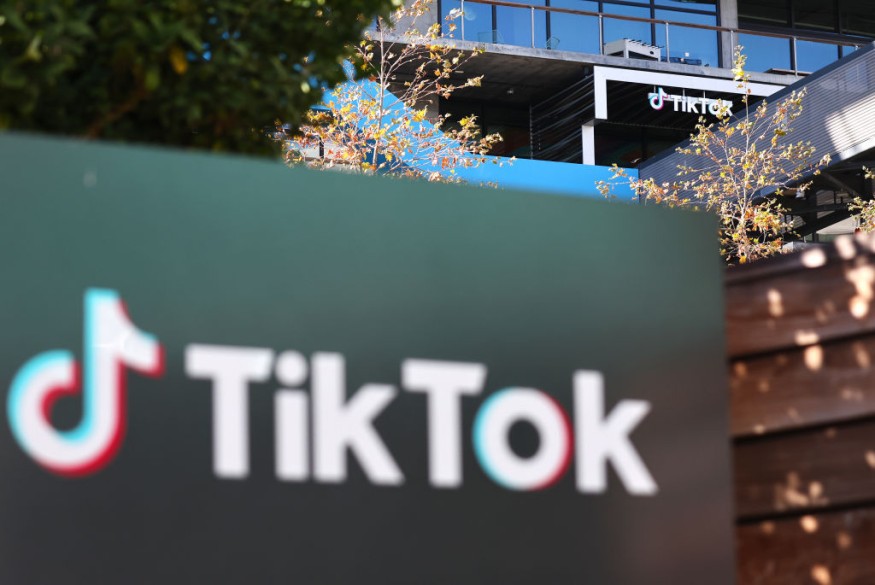TikTok Banned? Texas Reveals Plan to Prevent TikTok Download, Use

Texas Gov. Greg Abbott announced a statewide model security program that would have TikTok banned in the state.
The model security plan will address the state's response to the vulnerabilities presented by the use of TikTok and other software on a personal and state-issued device, according to the governor's press release.
The model plan has the goal to ban and prevent any TikTok downloads in the state, including prohibited technologies on any state-issued device identified.
The state-issued devices will include state-issued cell phones, laptops, tablets, desktop computers, and other devices with the capability of internet connectivity.
The security model plan also prohibits employees or contractors from having any business engagements on prohibited technology-enabled personal devices.
It will also call for collaboration with security professionals to update the list of prohibited technologies regularly.
The Texas Department of Public Safety, together with the Texas Department of Information Resources have developed the security model plan to guide state agencies in managing personal and state-issued devices for conducting business.
Abbott that TikTok's associated risk must not be "underestimated or ignored," adding that the social media platform is owned by a "Chinese company that employs Chinese Communist Party members."
READ NEXT : Mexican Drug Cartels Are Using Facebook, TikTok, Snapchat, YouTube to Sell Fentanyl Across U.S.
Why Is TikTok Getting Banned in the U.S.?
In December, the U.S. government banned TikTok on federal government-issued devices after concerns on national security surfaced.
TikTok is owned by China-based parent company, ByteDance, prompting U.S. officials to have TikTok banned on federal government devices out of fears that the Chinese government may leverage TikTok to access those devices and U.S. user data, according to The Guardian.
TikTok spokesperson Brooke Oberwetter said at the time that the company was "disappointed" with Congress' decision to move forward with the proposal.
Oberwetter added that it was a "political gesture that will do nothing to advance national security interests."
Since the U.S. government's ban, more and more states are inclined to stop TikTok downloads in their areas.
Ohio Gov. Mike DeWine and New Jersey Gov. Phil Murphy continued to ban the app from state-owned devices, according to CNET.
Meanwhile, Virginia Gov. Glenn Youngkin released an executive order last month employing the ban of TikTok and the Chinese social media app WeChat from state-issued devices and wireless networks.
In early December, Indiana Attorney General Todd Rokita filed two lawsuits against TikTok, alleging the social media platform of "luring children" into content on the app, containing sexual content, profanity, or drug references.
The second lawsuit claims the company has the personal information and sensitive data of Indiana consumers.
TikTok Harmful Content
A new study by the Center for Countering Digital Hate suggested that TikTok pushes harmful content when it comes to promoting eating disorders and self-harms into feeds of users.
The study also noted that two-thirds of American teenagers use TikTok, with an average screen time of 80 minutes per day.
The TikTok hashtags with eating disorder content have over 13.2 billion views, while some pro-eating disorder content is evading moderation through the use of coded tags.
This article is owned by Latin Post.
Written by: Mary Webber
WATCH: Gov. Abbott: TikTok 'poses a danger' in America - from Fox Business
Subscribe to Latin Post!
Sign up for our free newsletter for the Latest coverage!
© 2026 Latin Post. All rights reserved. Do not reproduce without permission.















